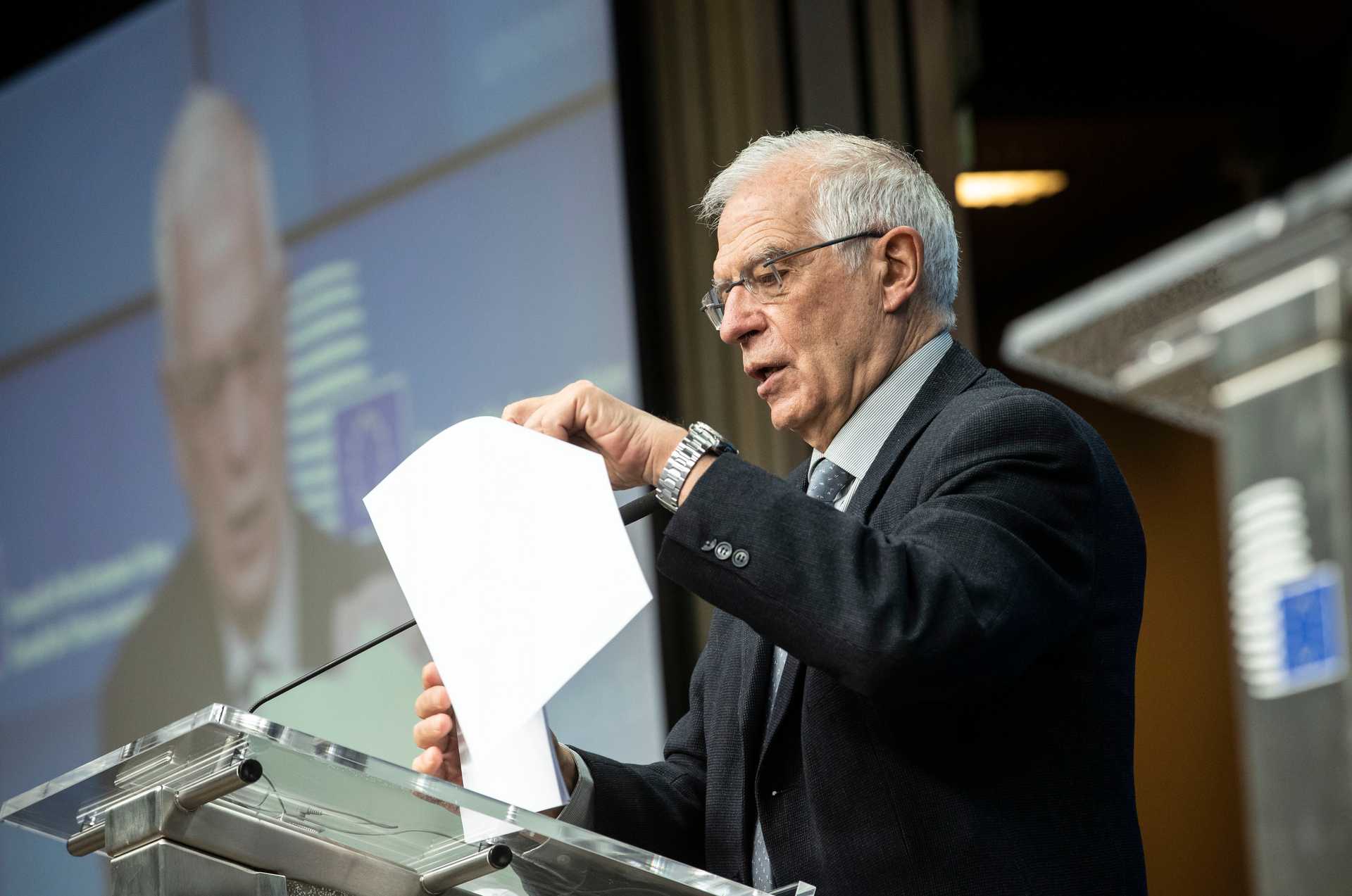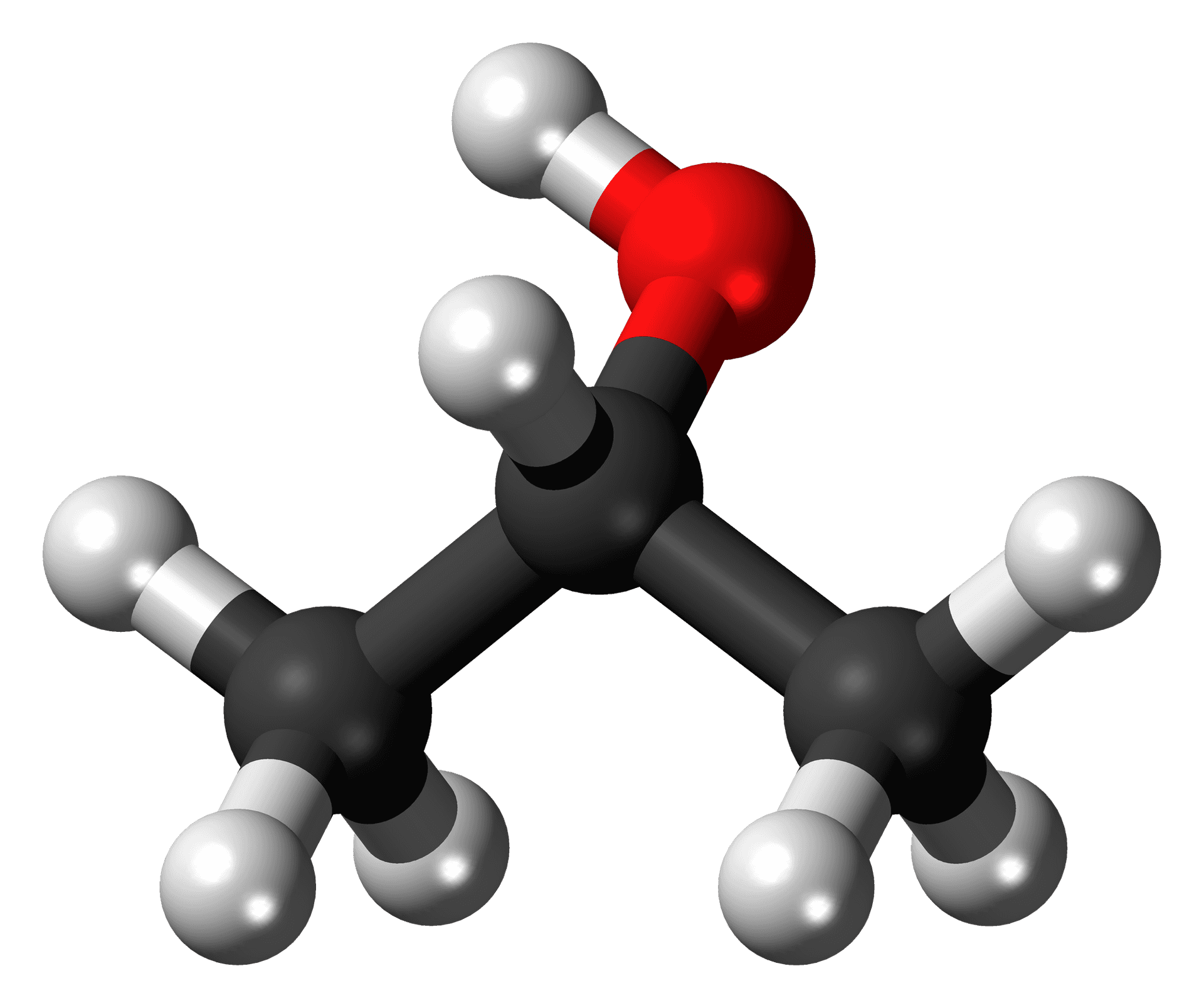National Authority

Introduction: European Non-Proliferation and Disarmament Law
Please note that this regulation will be replaced by EU Regulation 821/2021, which was published on 11 June 2021 and will enter into force on 9 September 2021.
This video lecture covers:
- the relationship between international and European non-proliferation and disarmament law
- EURATOM
- the EU Regulation on transfer controls of dual-use items
- the EU’s restrictive measures (sanctions)
Example of EU Law: EU Regulation 428/2009 on Transfer Controls of Dual-Use Items
Items covered
Article 2 (1): Dual-use items shall mean items, including software and technology, which can be used for both civil and military purposes, and shall include all goods which can be used for both non-explosive uses and assisting in any way in the manufacture of nuclear weapons or other nuclear explosive devices. Annex I – List of dual use items: This list implements internationally agreed dual-use controls including the Wassenaar Arrangement, the Missile Technology Control Regime (MTCR), the Nuclear Suppliers’ Group (NSG), the Australia Group and the Chemical Weapons Convention (CWC).
Article 15 (1): The list of dual-use items set out in Annex I shall be updated in conformity with the relevant obligations and commitments, and any modification thereof, **that Member States have accepted as members of the international non-proliferation regimes and export control arrangements, or by ratification of relevant international **treaties.**
Regime
- authorisation system for exports, transfer, brokering and transit of dual-use items
- customs procedures
- administrative cooperation
- control measures with registers or records

National implementation
Article 24: Each Member State shall take appropriate measures to ensure proper enforcement of all the provisions of this Regulation. In particular, it shall lay down the penalties applicable to infringements of the provisions of this Regulation or of those adopted for its implementation. Those penalties must be effective, proportionate and dissuasive. Article 25 (1): Each Member State shall inform the Commission of the laws, regulations and administrative provisions adopted in implementation of this Regulation, including the measures referred to in Article 24. The Commission shall forward the information to the other Member States.
Please note that this regulation will be replaced by EU Regulation 821/2021, which was published on 11 June 2021 and will enter into force on 9 September 2021.
EU Regulation 428/2009: Administrative Law Case in the Netherlands
In 2011, researchers in the Netherlands succeeded in making avian influenza (H5N1), a highly deadly virus, transmissible between mammals.
The researchers were keen to publish their results in a scientific journal. However, according to the Dutch authorities, the researchers had to apply for an export permit before sending their article to the publishers in the United States, as that qualified as the (intangible) transfer of dual-use technology.
This requirement was based on European Union Regulation 428/2009 on ‘setting up a Community regime for the control of exports, transfer, brokering and transit of dual-use items and technology’.
This Regulation requires an export permit for exports outside of the EU of dual-use items, including exports of technology.
Avian influenza is one of the animal pathogens listed as a dual-use item, including technology related to avian flu.
Dutch law implements the EU Regulation at the national level through the Decree on Strategic Goods, Law on Strategic Services and the Law on Economic Offences. The Dutch researchers did not agree that they were required to apply for an export permit. They argued that their research was ‘basic scientific research’. According to the EU Regulation, there is an exception to the requirement of obtaining an authorisation for export of technology if the information in question is ‘basic scientific research’.
However, the court of first instance did not agree with the researchers. It stated that the exception in the Regulation had to be interpreted narrowly in light of its non-proliferation aim.
After successfully applying for a permit, the researchers maintained their objection to being required to apply for a permit. However, the court of appeals held that the researchers had no litigation interest as they had obtained a permit without any conditions or restrictions, had made use of it, and published their manuscripts in the intended scientific journal. It therefore deemed the researchers’ objection inadmissible and quashed the court of first instance’s judgment.

The EU’s Restrictive Measures
Restrictive measures , more commonly known as sanctions, are used by the EU as part of its foreign policy.
With regard to non-proliferation and disarmament, restrictive measures by the EU are taken directly in response to non-compliance with non-proliferation obligations, such as the DPRK and Iran. Moreover, the EU has adopted restrictive measures in response to chemical weapons proliferation and their use in Syria and in Salisbury, United Kingdom.

Weapons of mass destruction
DPRK:
- Council Decision (CFSP) 2016/849 of 27 May 2016 concerning restrictive measures against the DPRK
- Council Regulation (EU) 2017/1509 of 30 August 2017 concerning restrictive measures against the DPRK
Iran:
- Suspended since 16 January 2016 in light of the Joint Comprehensive Plan of Action:
- Council Decision 2010/413/CFSP of 26 July 2010 concerning restrictive measures against Iran
- Council Regulation (EU) No 267/2012 of 23 March 2012 concerning restrictive measures against Iran
Use of chemical weapons
- Council Decision (CFSP) 2018/1544 of 15 October 2018 concerning restrictive measures against the proliferation and use of chemical weapons (as amended)
- Council Regulation (EU) 2018/1542 of 15 October 2018 concerning restrictive measures against the proliferation and use of chemical weapons
These refer to individuals and entities in Syria and Russia.
The EU’s Restrictive Measures: Criminal Case in Belgium
On 7 February 2019, an Antwerp court convicted three Belgian companies and their two managers for exports of chemicals to Syria. These chemicals have civil applications, but can also be used as chemical weapons.
The three companies received fines of €346,443.31, €500,000 and €75,000 respectively. Their two managers were sentenced to 4 and 12 months’ imprisonment and fines of €346,443.31 and €500,000 respectively.
From May 2014 to December 2016 the defendants exported 167,960 kg of isopropanol and other chemicals to Syria, worth €346,443.31.
Isopropanol is a precursor to sarin, a highly toxic nerve agent. Sarin was used as a weapon in Syria in Ghouta on 21 August 2013, in Khan Shaykhun on 4 April 2017, “very likely” used in Ltamenah on 24 March 2017, and “more than likely” used in Ltamenah on 30 March 2017. However, there is no evidence of any connection between these exports and chemical weapons uses.
In their declarations to the Belgian customs authorities the defendants did not mention the export licences which have been required for these chemicals since 2012 under Council Regulation (EU) No 36/2012 of 18 January 2012 concerning restrictive measures in view of the situation in Syria.
The court of first instance established that the defendants had knowingly made incorrect declarations in violation of Article 231 of Belgium’s General Law on Customs and Excise. The authorities’ failure to detect these did not absolve the defendants of their obligation to make correct declarations.

The exports were a violation of EU Regulation 36/2012 and related Belgian legislation, but not of legislation implementing the Chemical Weapons Convention. Sarin is a Schedule 1 chemical, the most tightly controlled chemical under the Convention. However, isopropanol does not appear on any of the Convention’s schedules. According to chemical weapons expert Jean Pascal Zanders, this is because of the vast scale of isopropanol’s use in civilian industries ranging from cosmetics to pharmaceuticals.
In June 2020, the court of appeals upheld the convictions of the three companies and their two managers.
Source: Belgian companies convicted of chemicals exports to Syria, Yasemin Balci, Trust & Verify 163, Spring 2019.